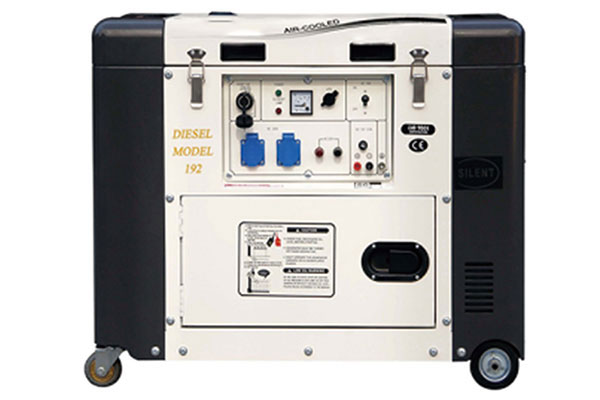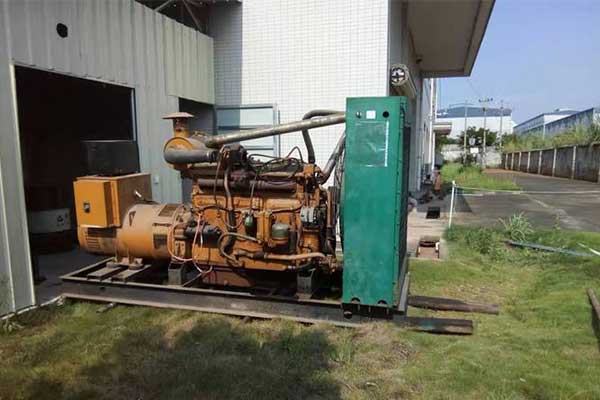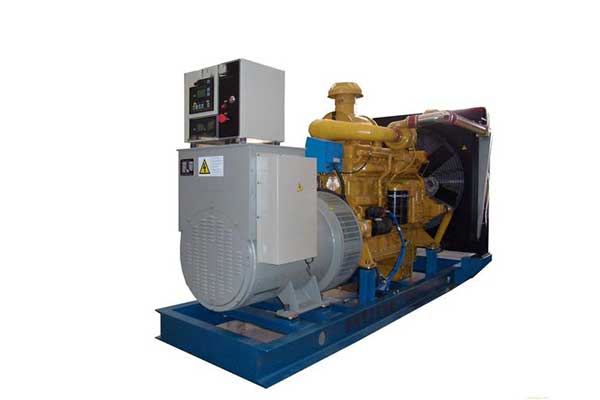How To Choose The Right Diesel Generator?
In today’s world, where uninterrupted power supply is crucial for both residential and commercial settings, choosing the right diesel generator is paramount. Whether it’s for backup during power outages or as a primary power source in remote areas, selecting the most suitable diesel generator requires careful consideration of various factors. This guide aims to simplify the process and help you make an informed decision.

Understanding Your Power Requirements:
Before delving into the specifics of diesel generators, it’s essential to assess your power needs accurately. Consider factors such as the total wattage of appliances and equipment you need to power, both during normal operation and in peak demand scenarios. Additionally, determine whether you require a standby generator for occasional use or a prime power generator for continuous operation.
Advantages of Diesel Generators:
Diesel generators offer several advantages over their counterparts, making them a popular choice for many applications. They are known for their durability, efficiency, and reliability, particularly in demanding environments. Diesel fuel is also more readily available than gasoline in many areas, ensuring uninterrupted operation when needed most.

Key Considerations When Choosing a Diesel Generator:
1. Power Output Capacity:
Ensure the generator’s power output matches your requirements. Oversized generators can lead to inefficiencies, while undersized ones may fail to meet your needs during peak demand.
2. Fuel Efficiency:
Look for generators with optimal fuel efficiency to minimize operating costs over time. Diesel generators are generally more fuel-efficient than gasoline counterparts, offering better long-term savings.
3. Noise Levels:
Consider the noise level of the generator, especially if it will be installed in residential or noise-sensitive areas. Modern diesel generators are designed to operate quietly without compromising performance.
4. Size and Portability:
Depending on your space constraints and mobility requirements, choose a generator that fits your available space and is easy to transport if necessary.
5. Emissions Compliance:
Ensure the generator meets all relevant emissions standards and regulations to minimize environmental impact and avoid potential penalties.
6. Budget
While it’s tempting to opt for the cheapest option available, prioritize value over upfront cost. Consider the long-term operating costs, including fuel consumption, maintenance, and potential downtime. Investing in a high-quality generator from a reputable manufacturer might incur higher initial costs but can save you money in the long run through reliability and efficiency.

Additional Features to Consider:
- Automatic Transfer Switch (ATS): Allows seamless transition between mains power and generator power during outages.
- Remote Monitoring and Control: Enables remote monitoring of generator performance and status, providing added convenience and peace of mind.
- Cold Weather Starting Kit: Essential for reliable operation in cold climates by providing additional heating elements and insulation.
Conclusion:
Choosing the right diesel generator requires careful consideration of various factors, including power requirements, fuel efficiency, noise levels, and additional features. By understanding your needs and evaluating different options based on these criteria, you can select a generator that ensures reliable power supply in any situation. Invest time in research, consult experts if needed, and prioritize quality and reliability to make a decision that meets your long-term power generation needs.
RoadSky and Diesel Generator
RoadSky is a professional generator supplier, there are many product models. In addition to diesel generators, we also provide gasoline generators to meet the different needs of customers. If you are looking for a generator for your project, you can contact us directly for more information.
Contact Us for a Quote
Fill The Form Below, and our sales representatives will be in touch with you shortly.

